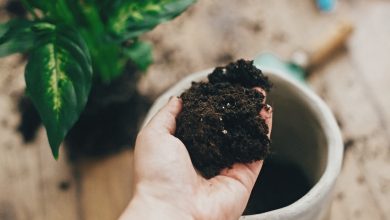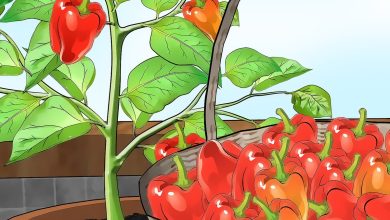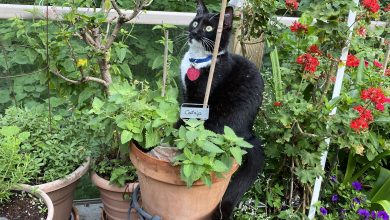What is the Jadam Method?【Complete Guide】
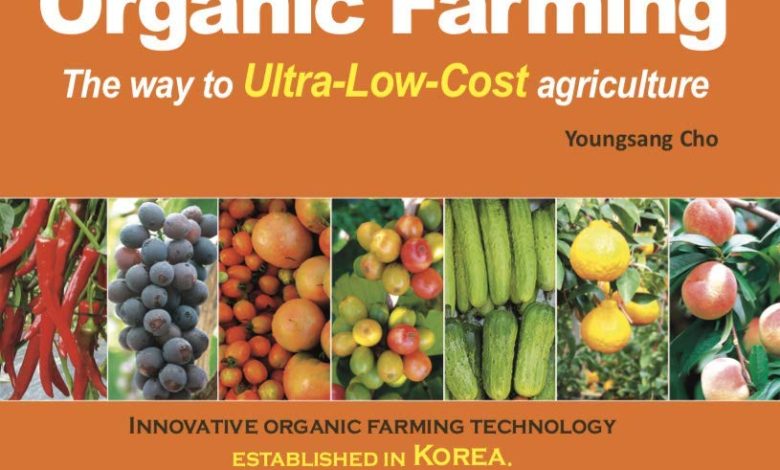
We recently discovered this form of organic agriculture: the Jadam Method, and we couldn’t miss the opportunity to make this ecological and environmentally friendly farming method known at Agrohuerto.
In today’s post we will see what the Jadam method is and what its main techniques and natural preparations are. Like other agroecological currents, such as natural agriculture or permaculture, the Jadam method pursues self- sufficient agriculture, which minimizes costs, eliminates the use of chemicals and respects natural cycles.
What is the Jadam method and how did it come about?
It is a type of organic farming that was created in South Korea in the 1990s by a farmer and horticultural chemist named Youngsang Cho.
The Jadam Method is based on traditional Korean agriculture, thousands of years old, and on the cultivation method called Natural Farming, a type of organic farming that is very popular in Asia and devised in the 1960s by Hankyu Cho, the father of Youngsang Cho.
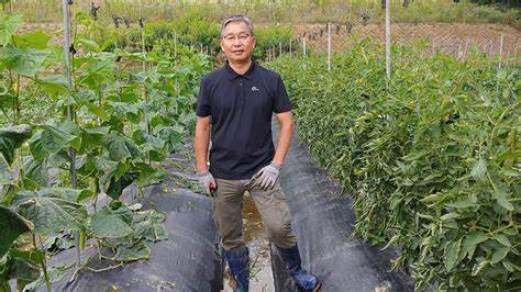
Its name is an abbreviation of the words Jayonul Damun Saramdul, which mean «people who love nature» and, as such, this type of organic agriculture seeks to conserve the soil, respect natural cycles and not force biological cycles or alter the environment. environment surrounding the crops.
The Jadam techniques have been disseminated by the JADAM Organic Farming group (founded and directed by the creator of the method) through seminars, books and their website. Its creator has not wanted to patent any of the ecological preparations and techniques on which Jadam – type agriculture is based, opening up to the public and directly sharing with farmers all his discoveries about natural products that are beneficial for crop growth.
Advantages of the Jadam Method
- It is an environmentally friendly method that dispenses with synthetic chemicals.
- Increases crop productivity thanks to the application of fortifying preparations and beneficial microorganisms.
- Low cost. It is the cheapest organic farming method, since most of the inputs can be manufactured by the farmer with recycled materials and natural elements, much cheaper.
- Easy to apply. For its implementation and the preparation of natural preparations, no technical knowledge is required.
- The foods produced with this method are recognized with the seal of organic farming in some countries such as the US.
- Very versatile. Applicable both in subsistence family farming areas and in large-scale plantations.
Practices and principles of the Jadam method
These are some of the most important principles of this type of organic farming (which differs in some aspects from Western organic farming):
- Like Fukuoka Natural Farming, the Jadam method advocates that weeds are not weeds. The spontaneous vegetation that grows around the crops should not be eliminated with herbicides or physical methods such as weeding, but only controlled, since these help maintain the beneficial microorganisms in the soil.
- Use of mulching or padding to control weeds, maintain moisture, maintain beneficial microbiota and reduce soil compaction and the presence of salts.
- Biodiversity as defense. Faced with the implementation of monoculture, Jadam agriculture defends the association of crops, a technique that allows us to maintain biodiversity and take advantage of the allelopathic effects of some plants, which reduces the incidence of pests. (In contrast, he rejects the practice of crop rotation, a staple technique in Western organic farming.)
- Direct use of uncomposted crop residues as natural fertilizer. The crop remains are chopped and buried in the soil, where they will decompose little by little and provide the substrate with an organic fertilizer rich in organic matter and beneficial microorganisms.
- Hard water correction. Use of a homemade preparation to soften hard water that reduces its salinity and makes it ideal for the preparation of Jadam insecticides.
- Preparation and application of different types of Jadam preparations for soil fertilization, the fight against pests and diseases or the fortification of crops.
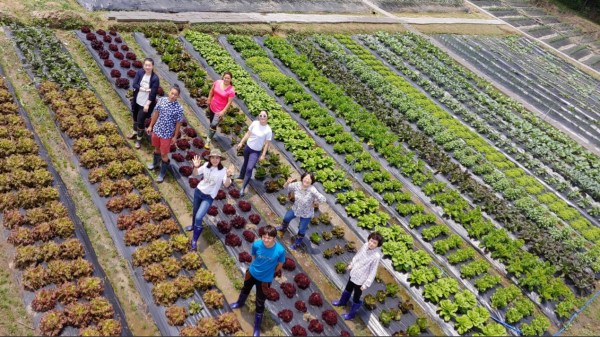
Preparation of Jadam preparations
One of the fundamentals of the Jadam ecological method is the manufacture and application of natural preparations for the correct development of crops and for the treatment of pests and diseases.
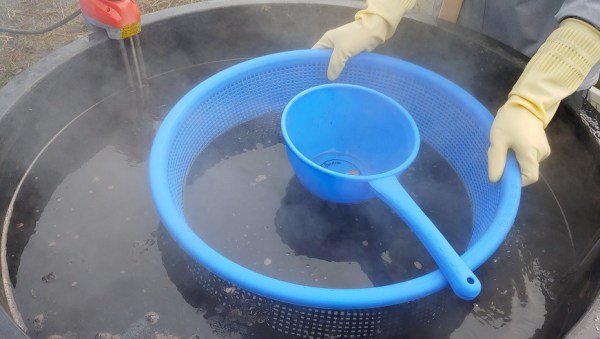
Some of these ecological preparations of the Jadam method are:
- Microbial preparations for the biological fight against pests.
- Liquid fertilizers and biopesticides or natural insecticides made with more than 100 types of plants.
- Biostimulants made from microorganisms and plant extracts, such as the preparation of beneficial microorganisms made with water, forest mulch and potato.
- Jadam liquid sulfur, a broad-spectrum fungicide that can be home-made.
- Jadam wetting agents to facilitate the application of natural pesticides.
- Special preparations for specific crops such as rice, citrus or tobacco.
In the following video (with subtitles in Spanish), the forerunner of the Jadam Method explains step by step how to grow beneficial microorganisms for the soil and crops at home.
References
- Jadam Organic Farming Group, 2003. JADAM is a group of organic farmers. JADAM (Official Page).
- Youngsang, C., 2016. Review: Jadam Organic Farming. The way to ultra-low-cost agriculture. IFOAM Organics Asia.
- Youngsang, C., 2017. Ultra-low-cost Agriculture. JADAM (Official Page).
- Llerena Pinto, A., 2019. The Jadam method, Low-cost organic farming. Ekkofood.

